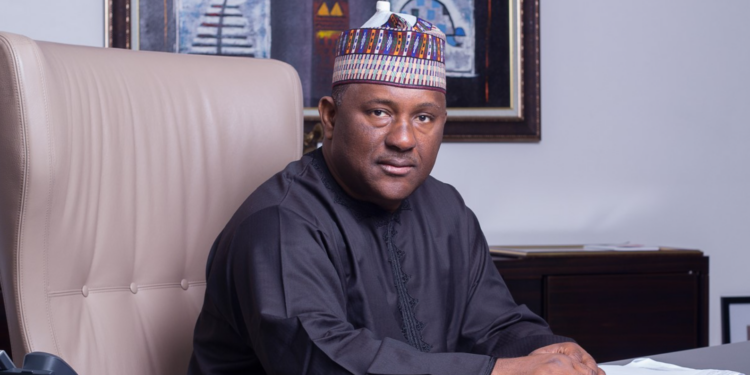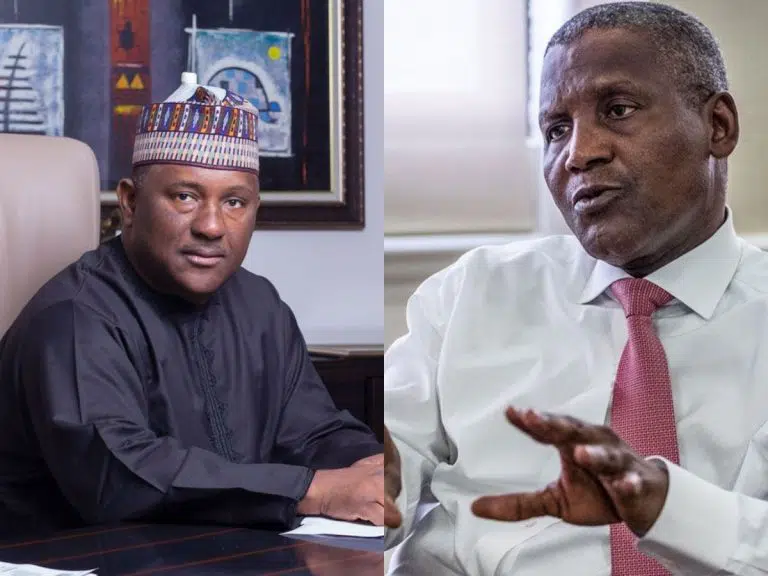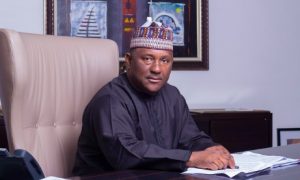news
BUA’s AbdulSamad Rabiu loses $1.1 Billion in just 3 months

AbdulSamad Rabiu, Nigeria’s second richest man and Chairman of BUA Cement and BUA Foods, has seen a notable decrease in his net worth, falling by $1.1 billion over the past 90 days. As of August 16, 2024, Rabiu’s net worth is $4.8 billion, down from $5.9 billion on May 6, 2024, according to the Forbes Real-Time Billionaire Index.
This recent drop follows an earlier increase from $5.7 billion at the start of the year, driven by favorable stock market movements. Rabiu’s wealth is heavily linked to his 93% ownership in BUA Foods, Nigeria’s leading producer of noodles and flour, making the company’s performance critical to his financial status.
The decline in Rabiu’s net worth reflects broader challenges faced by Nigeria’s wealthy elite. Aliko Dangote, Africa’s richest man and the force behind the $20 billion Dangote Refinery in Lagos, has also experienced a decline of over $1 billion this year. Both Rabiu and Dangote’s fortunes have been impacted by the naira’s depreciation and fluctuations in equity values.
Born in 1960 in Kano, Nigeria, Rabiu followed in the footsteps of his late father, Ishak Rabiu, who founded a conglomerate with interests spanning manufacturing, finance, and real estate. The recent losses underscore the volatility and challenges faced by Nigeria’s business leaders amid economic instability.
In 2023, the Nigerian naira experienced one of its worst depreciations against the US dollar since the country’s return to democracy in 1999, becoming the worst-performing currency in Africa. The Central Bank of Nigeria’s consolidation of the foreign exchange market into the Investors and Exporters (I&E) window, reintroducing the willing buyer, willing seller model, aimed to stabilize the currency but had profound effects on the economy.
Within three months of the naira’s devaluation, Rabiu’s net worth fell by about one-third, highlighting the severe impact of the currency’s decline on his financial holdings. BUA Cement, another key component of Rabiu’s wealth, also felt the strain, with its market capitalization slightly dropping to N3.28 trillion in 2023 from N3.31 trillion in 2022. This modest decline reflects the broader economic difficulties faced by Nigeria’s major businesses amidst ongoing currency instability.















